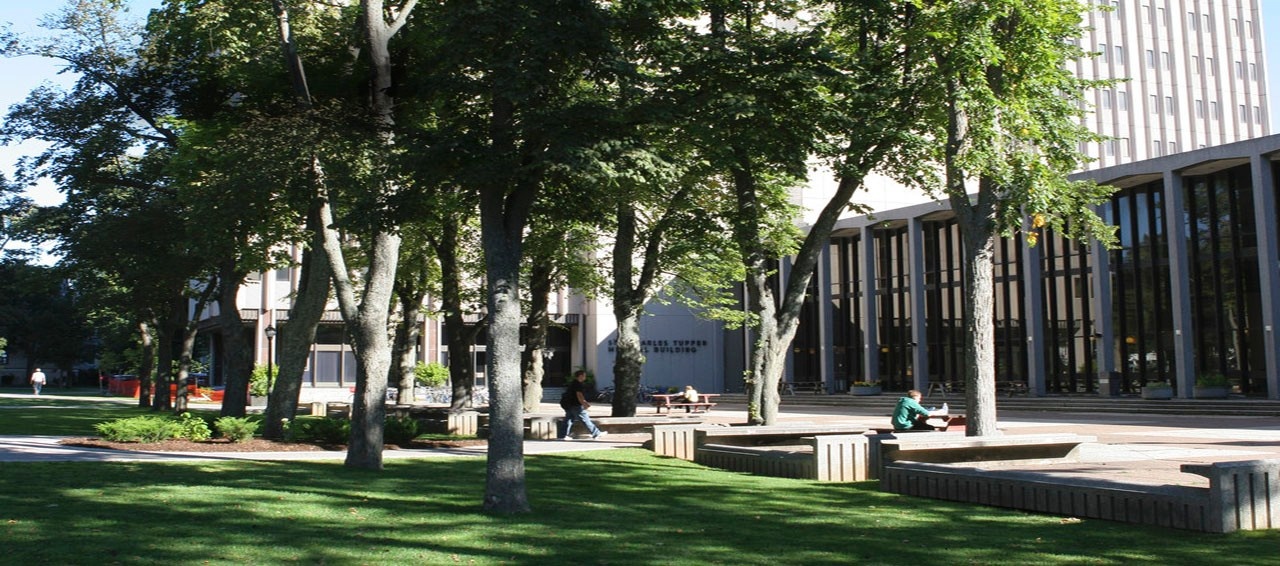Inflammation, Immunity and Infectious Diseases
Soothing inflammation, fighting infection
Dalhousie’s researchers in the related fields of inflammation, immunity and infectious diseases are tackling the complex problems of inflammatory auto-immune diseases, allergies, infections and cancer. They're working to enhance immunity against cancer and infections and to moderate the immune system’s response to common allergens and the body’s own tissues. Their collective goal: to reduce suffering and save millions of lives.
Exploring all facets of inflammation, immunity and infectious diseases
Develop and test vaccines
More than 40 Dalhousie investigators are pursuing new and better vaccines through the Canadian Center for Vaccinology, based at the IWK Health Centre. They're world pioneers in maternal immunity (vaccinating pregnant women to immunize newborns) and play a leadership role in national influenza studies. Scientists in the group work on novel vaccines against hepatitis C, HIV, avian flu, West Nile, chlamydia, dengue and RSV.
Beat superbugs
Dalhousie scientists have invented the first new class of antibiotics to come along in 30 years—a powerful new weapon against antibiotic-resistant superbugs like MRSA. Others are examining how common food-borne bacteria like E. coli and Salmonella penetrate and infect cells, with an eye to blocking their toxins before they do damage.
Tame inflammation and allergies
Sometimes the body responds to foreign particles in a way that damages its own tissues, leading to auto-immune diseases like rheumatoid arthritis, asthma and inflammatory bowel disease. An out-of-control immune response can also trigger life-threatening allergies. Dalhousie researchers are unraveling the mysteries of the immune response in an effort to reduce these damaging effects.
Harness the immune system’s power
Some Dalhousie researchers seek to exploit the power of the immune system. They're particularly interested in Natural Killer T cells, which mobilize and direct the immune response. They want to target this response to attack cancers. At the same time, they want to super-charge the immune response against bacterial lung infections that plague cystic fibrosis patients.
